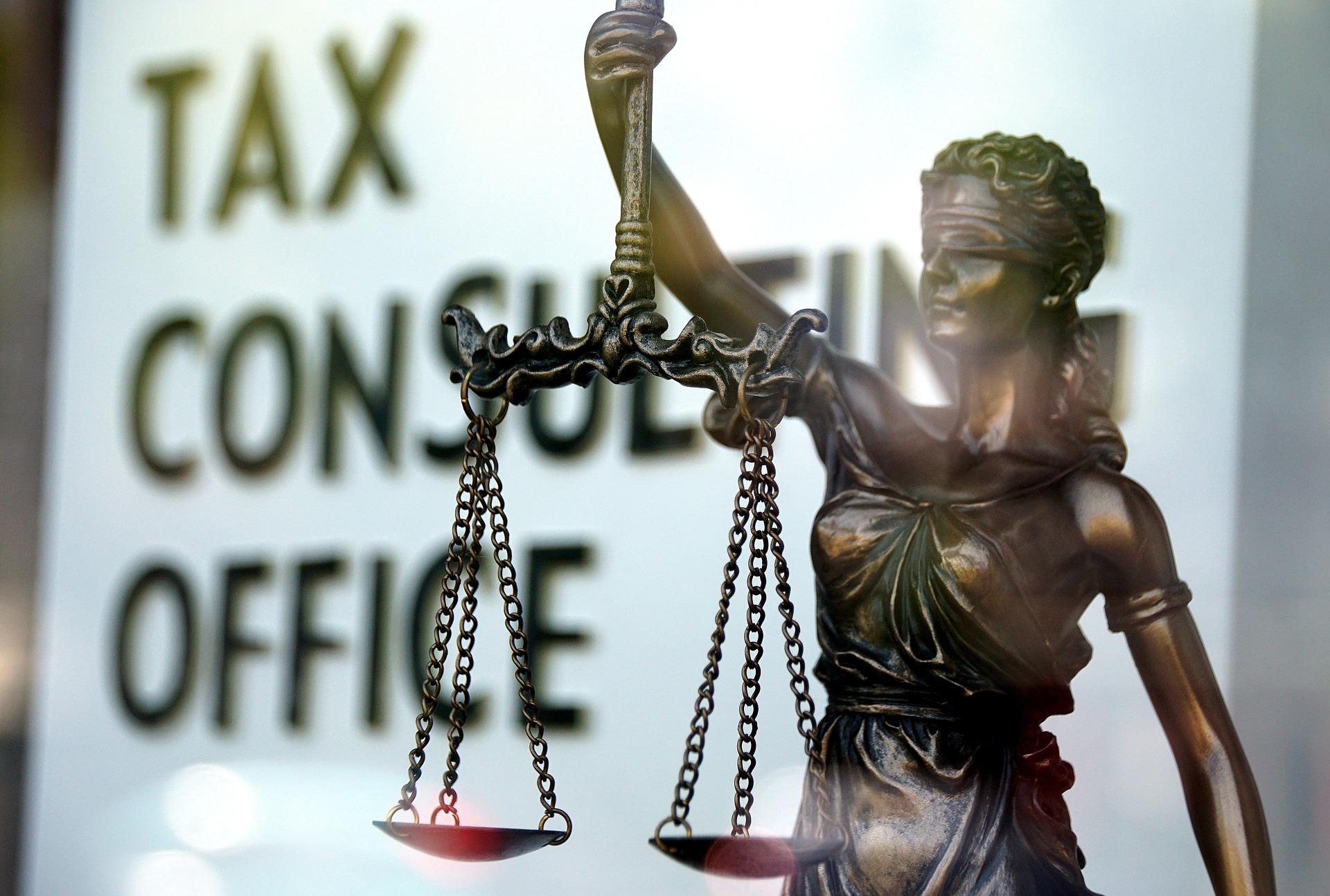Decoding the Role of Government in Anti-Trust Law Enforcement
Introduction: In an era of giant corporations dominating marketplaces, anti-trust laws have become a crucial pathway to ensure fair competition. This article delves into the role of government in enforcing these laws, tracing the historical context, current updates, and societal implications.

Historical Backdrop: The Origin of Anti-Trust Laws
At the dawn of the 20th century, monopolistic business practices were rampant, with large corporations controlling entire industries. To counter this, the United States enacted the Sherman Act in 1890, marking the inception of anti-trust laws. These laws were designed to prevent companies from creating monopolies, maintaining fair competition, and promoting economic freedom.
The Government’s Role: Enforcement and Regulation
The government plays a pivotal role in enforcing anti-trust laws. The Federal Trade Commission (FTC) and the Department of Justice (DOJ) are primarily responsible for implementation. They scrutinize business mergers, acquisitions, and practices to prevent the formation of monopolies and protect consumer interests.
Current Outlook: Modern Anti-Trust Law Enforcement
In recent years, the government’s role in anti-trust law enforcement has been under intense scrutiny. Tech giants like Google, Facebook, and Amazon have been accused of monopolistic practices. Various legislative proposals aim to strengthen anti-trust laws and make them more pertinent to the digital age.
Societal Implications: The Impact of Anti-Trust Laws
Anti-trust laws have profound implications for society. They promote competition, prevent price gouging, and encourage innovation. However, critics argue that rigorous enforcement may stifle business growth. The balance between competition and consolidation remains a contentious issue in contemporary discourse.
The Future of Anti-Trust Laws
The role of government in anti-trust law enforcement is likely to evolve as we navigate the complexities of the digital age. As the debate continues, it remains imperative to strike a balance between fostering competition and enabling business expansion.
The government’s role in enforcing anti-trust laws is a fascinating study of the intersection between law, economics, and public policy. As we move further into the 21st century, understanding this dynamic is not only interesting but also vital for anyone interested in law and government.




